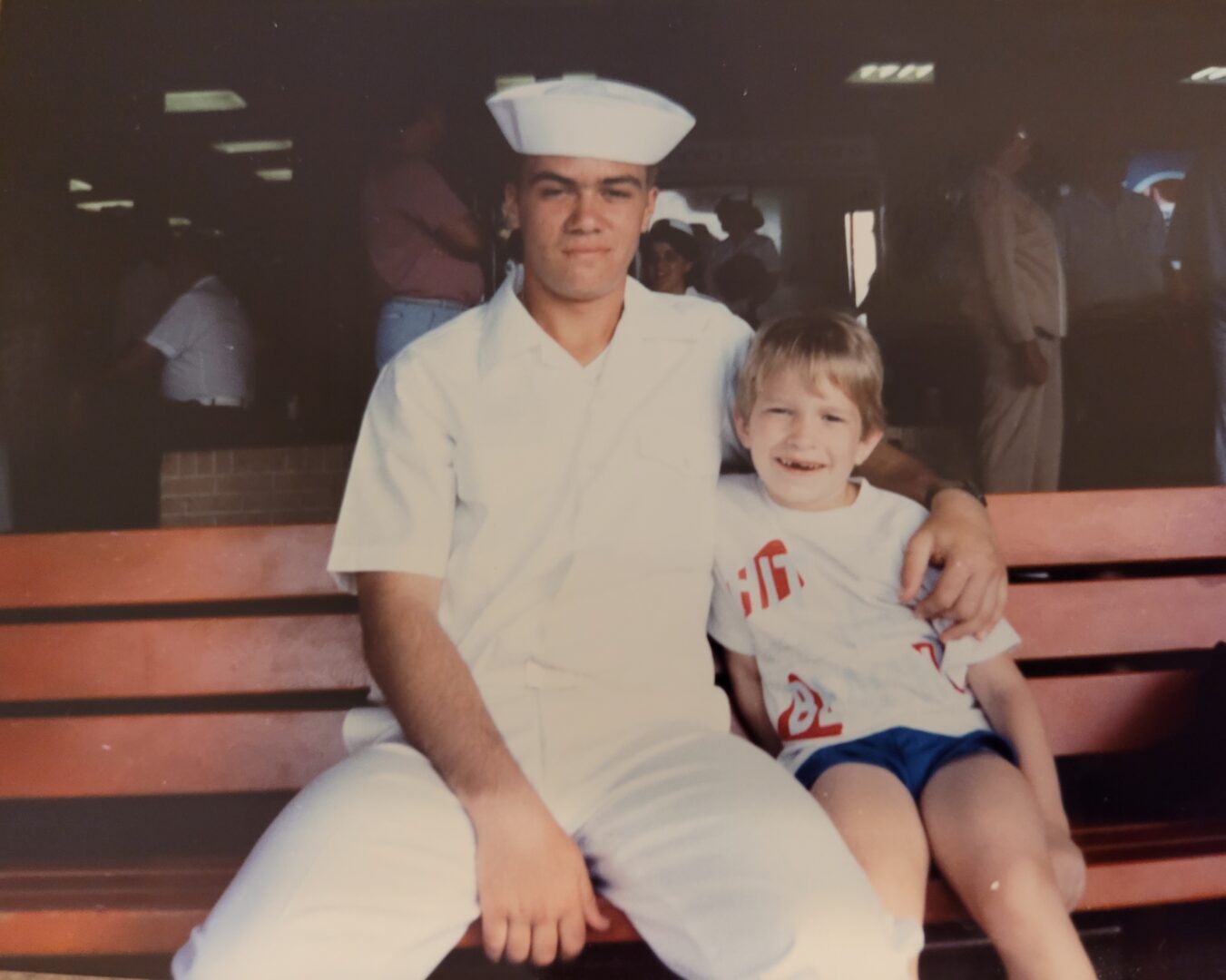How Suicide Impacted Me and Why I Want to Spread a Message of Hope This Holiday Season
*Content Warning: This page contains discussion of suicide and may not be appropriate for all audiences.*
Now that Veteran’s Day is behind us and the holiday season is quickly approaching, it’s important to discuss suicide awareness as loneliness tends to be common this time of year. Suicide among active-duty military members in the U.S. was 519 in 2021. Additionally, a new study by the U.S. Center for Disease Control (CDC) found that 17.2 military veterans die by suicide every day.
While these statistics are tragic, you may be wondering what this has to do with you, especially if you’ve never served. Or if you have served, you’ve likely heard the canned briefing about how it’s everyone’s job to support each other, recognize the signs, seek help, etc. Your eyes are glazing over already, I can see it. This is NOT one of those briefings. It’s an uncomfortable subject for many, but it’s something we should all be aware of.
For me, this topic is personal. My brother, a Navy Nuclear Submarine veteran, took his life in 2008. In the wake of his funeral, I was left wondering where I’d fallen short. How could this have happened so close to home? Examining every bit of our relationship…over and over. Unfortunately, those answers were hard to come by.

While suicide is a global issue, it is more so with veterans who are 25% more likely to die by suicide over civilians. My brother’s case is unique. My family knew he was having problems, however, he started improving in the weeks before he took his life. Collectively, we surmised that he decided how to fix his problem and the weight was lifted. It took a few years for me to speak about it without making an emotional display of myself, but I started sharing my story with those in my organization. Maybe my loss and pain can help someone else? Maybe save that one person who is thinking about it. To relive it over and over is worth it for just one. I vowed that it would never happen to anyone within my sphere of influence again.
In February 2020, it happened again. This time to one of my troops that I directly supervised and served with off and on for the past 10 years. I knew the signs and was in a supervisory role to identify and do something about it. However, I thought I knew this individual so well that he’d never do that. He had two of the Top 3 factors that cause someone to commit suicide: Death, Divorce, Debt. I had even counseled this individual recently on decreased work performance. How could I have missed this?
Reflecting on both these tragedies has left me with the conclusion that, while identifying the signs of suicide are important in prevention, it’s not a 100% fix. Instead, we must tackle the much more daunting task of creating an enriching environment that is based on trust. Together, we can build trust if we focus on our first Blue Yonder Core Value: Empathy. We must foster relationships with our co-workers in which we are free to express issues in our lives. How can you detect changes in an individual if you don’t get to know them a little bit? This is especially challenging given the environment we operate in; socially distanced and bouncing from one call to the next all day long. So, we must make time, time to be human beings to one another. The challenge is steep, but wouldn’t the effort be worth it just to save that person who may be reading this now?
I would be remiss not to quickly mention the signs of suicide during a suicide awareness piece. In no particular order, if you or someone you know are experiencing thoughts of harm or a combination of the below indicators, please reach out and engage:
- Talking about feeling trapped
- Changes in work habits or decreased performance
- Talking about being a burden to others
- Increasing the use of alcohol or drugs
- Acting anxious or agitated or behaving recklessly
- Sleeping too little or too much
- Withdrawing or feeling isolated
- Displaying extreme mood swings
If you’re currently having thoughts of harm, please reach out to someone you trust or call a local suicide hotline to chat or even for a virtual high five. If you are a veteran at Blue Yonder and want to connect, please reach out to myself or anyone in our Veterans of Blue Yonder ARG.
If you or someone you know is contemplating suicide, dial 988 in the U.S. to reach the Suicide and Crisis Lifeline or 0800 689 5652 in the UK to reach the National Suicide Helpline UK. Both are available 24/7. For a listing of other countries check out this blog.
Blue Yonder offers Time to Talk, a network of Mental Health First Aiders trained to support associates struggling with their mental health. Most importantly, the Time to Talk team provides a safe space and is available for anyone needing someone to talk to without judgement. Learn more here.

